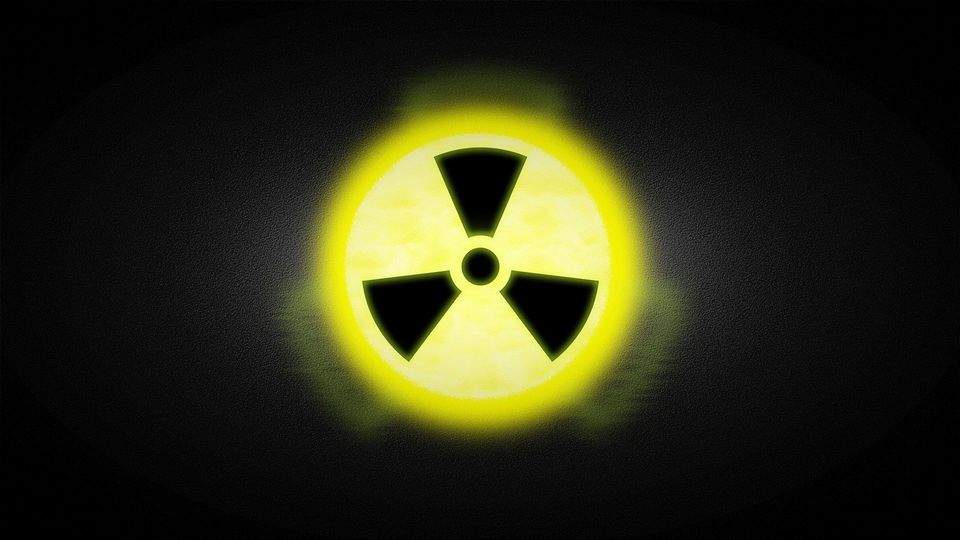In a united front, New Mexico’s congressional delegation has expressed profound dismay at the recent decision by U.S. House leadership to block compensation for individuals afflicted by radiation exposure during nuclear weapons testing and uranium mining in the Cold War era.

New Mexico’s Congressional Delegation Expresses Outrage Over Exclusion of Nuclear Radiation Compensation Expansion from Proposal (Photo: WFLA)
Historical Injustice and Ongoing Advocacy
In a recent news featured by the US News, in December 08, 2023, the bill for New Mexico’s congressional delegation, initially expanding eligibility under the Radiation Exposure Compensation Act, promised substantial compensation to residents of New Mexico, Colorado, Montana, Guam, and Missouri, as well as parts of Arizona, Nevada, and Utah. This move of New Mexico’s congressional delegation, however, sparked bipartisan criticism as the GOP-controlled House removed these provisions from the act, leaving affected New Mexicans without federal assistance unless the clauses are reinstated.
Senator Ben Ray Luján, a Democrat and a staunch advocate for radiation exposure compensation of New Mexico’s congressional delegation, highlighted the historical injustice faced by generations of New Mexicans who suffered from radiation exposure, especially those affected by the Trinity Test—the first-ever atomic bomb test in the New Mexico desert in 1945.
Luján, who has consistently introduced New Mexico’s congressional delegation compensation bills since 2008, emphasized the urgency of rectifying the omission of New Mexico from the original RECA program. The exclusion, he argued, perpetuates an ongoing injustice that has plagued the state for decades, necessitating immediate attention and redress.
READ ALSO: Texas Hawks Attack And Swoop Down People, Ceases Mail Deliveries In The Neighborhood
Film Spotlight Sparks Renewed Efforts for Compensation Extension
According to the news released by ABC News, the recent hit summer film, “Oppenheimer,” delving into the clandestine Manhattan Project and the advent of the nuclear age during World War II, has refocused attention on the protracted battle to extend compensation for families exposed to fallout, combatting with enduring illnesses. New Mexico’s congressional delegation sees this cinematic spotlight as an opportunity to reignite efforts for the inclusion of affected individuals in the compensation bill. The film, bringing the nation’s attention to the historical context, the critical need to address the long-term impacts of radiation exposure on communities, particularly on the Navajo Nation, where decades of uranium extraction have left a lasting impact on the health of its residents.
New Mexico’s congressional delegation advocates, persistent in their endeavors, continue to raise awareness about the enduring effects of radiation exposure, particularly on the Navajo Nation. With millions of tons of uranium ore extracted over several decades to support U.S. nuclear activities, the consequences on the health of the Navajo people remain significant.
Despite the setback in the House, the fight for compensation is gaining momentum, with advocates leveraging the renewed public interest generated by the film “Oppenheimer.” The determination to rectify historical injustices and address ongoing health challenges remains a focal point for New Mexico’s congressional delegation and the broader advocacy community.
READ ALSO: In A Road Rage Incident In Texas, A Woman Was Fatally Shot In The Head After Her Husband Allegedly Flipped Off The Suspect’s Car
























